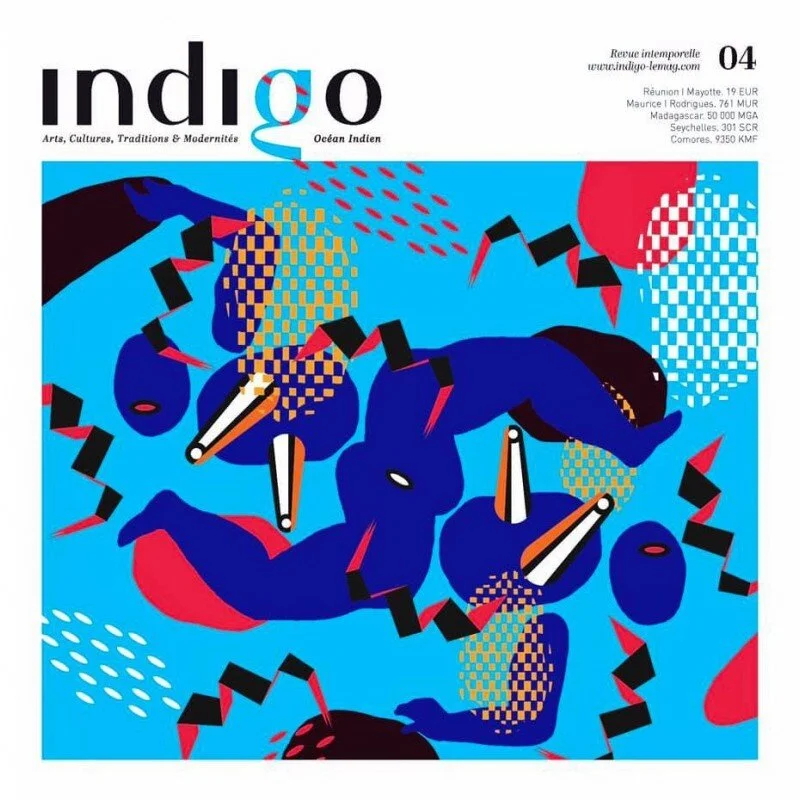I feel like this post should begin with a disclaimer. Namely, that I have no official training in or experience with meditation. Neither do I really know anything about Zen Buddhism. It's not quite enough just to read A Tale for the Time Being, no matter how wonderful a book it is.
Still, I have to believe that choosing to be still for a while is a natural ability of human beings, if only we remember that we have it. A self-imposed exile from Internet connectedness in the guise of a weekend vacation back to a tiny, remote, French village in the middle of the mountains turns out to be an ideal way to fall back into the stillness that should be a habit.
The first night is an internal struggle. Checking email every 20 minutes has become an actual habit, a distraction from work, a distraction from life, a way to keep busy in a non-meaningful way. And the habit pulls and tugs at first, and there is a distinct uneasiness that you should be doing something, something that keeps your head busier than sitting around among the crickets and slumbering bumblebees. But eventually, there's a book on your nightstand that you've been meaning to read for three weeks, if only you had the time. And now you do.
I was reminded of my childhood over the weekend. Because when I was growing up, I would devour books. Hundreds of pages each day. Staying up until all hours of the night, or waking up early to read an entire book before anyone else woke up. Getting in trouble for reading under my desk at school, and then not getting in trouble anymore because I also managed to be a very good student. And then college hit and there were so many books to read and analyze for class that I stopped reading for pleasure. I've started realizing that I haven't truly gotten back into that habit. Well, not a habit, really...more like a compulsive need. And it was such a pleasure to submerge myself in a whole book in two days.
And then there was the walk along the river, to a place that I'm sure is known by others, given the narrow, slightly overgrown path that leads there, but which has always been devoid of other humans in my presence. Mosquitoes, frogs with red eyes, sheep, the echo of horses, yes. But no other humans. And it is there, next to the pounding of a waterfall, underneath a seemingly unmoving sun that reflects halos off of the clouds, that I write. It is the beginning of a new short story. The idea came unbidden, without me seeking it, which has not happened in a long time.
I've often read that writers are always writing, that their brains never stop thinking about their stories or creating new ones. And I think that's true to a certain extent. But if you stuff your brain full of too much stuff, whether it's email or online forums or planning lunches or controlling unruly children or filling out invoices, then the stories and characters don't have room to roll around and develop on their own. Without the stillness, inspiration doesn't have anywhere to appear. If you don't remember to breathe, the body clenches up tight, constricting the free flow of ideas.
Granted, though, there's the issue of balance and practicality. Rare is the person who can successfully unplug for months at a time, whose life is arranged around a lack of communication. Which is fine. It's just good to remember how to be still sometimes. Joann Sfar writes best in hotel bathrooms, according to the most recent issue of LiRE, because it's devoid of distractions.
Small French waterfall, hotel bathroom...same diff, right?





